News
-
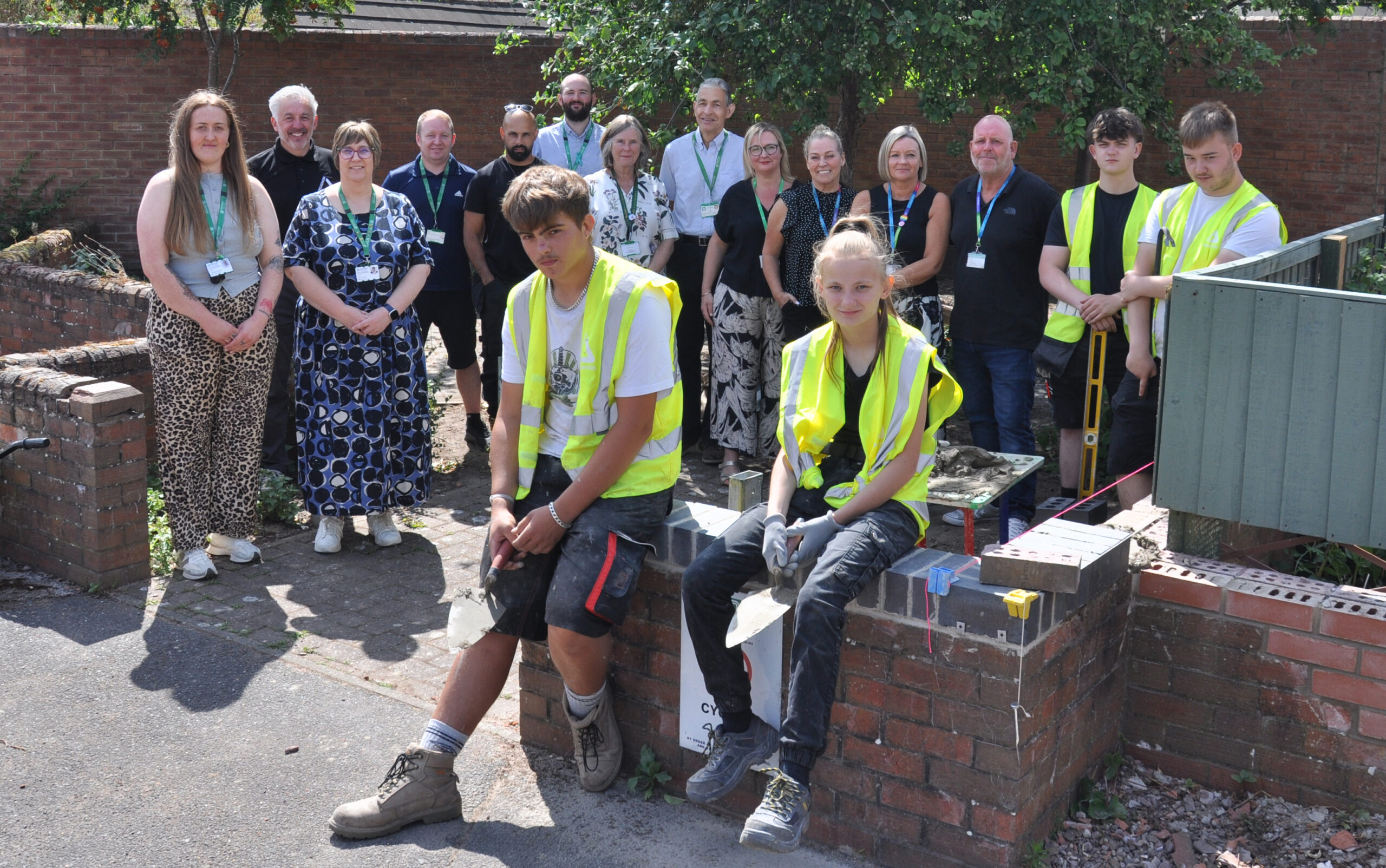
Hands-on student learning drives community renewal
We are supporting College students to gain work experience through a project that will rejuvenate an area of Worksop.
-
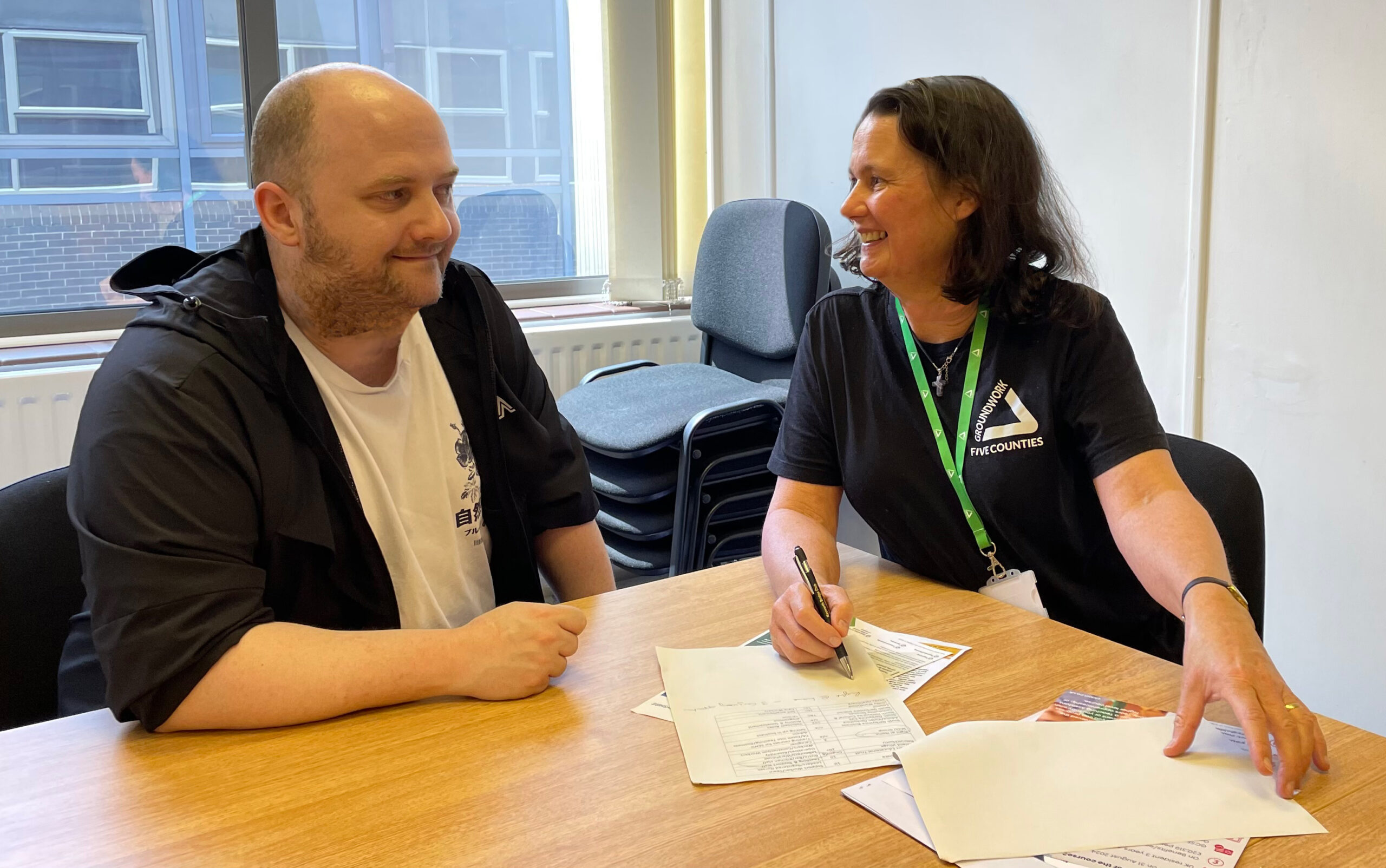
“My Employability Coach believed in me when I couldn’t”
Thanks to our Beyond Barriers employability programme, Timothy has landed his first job as a carer. How can we help you?
-

Last call for Swadlincote’s favourite pre-school nature playgroup
Our free play sessions for pre-schoolers in Swadlincote are running its final group in June. Open to families across South Derbyshire.
-
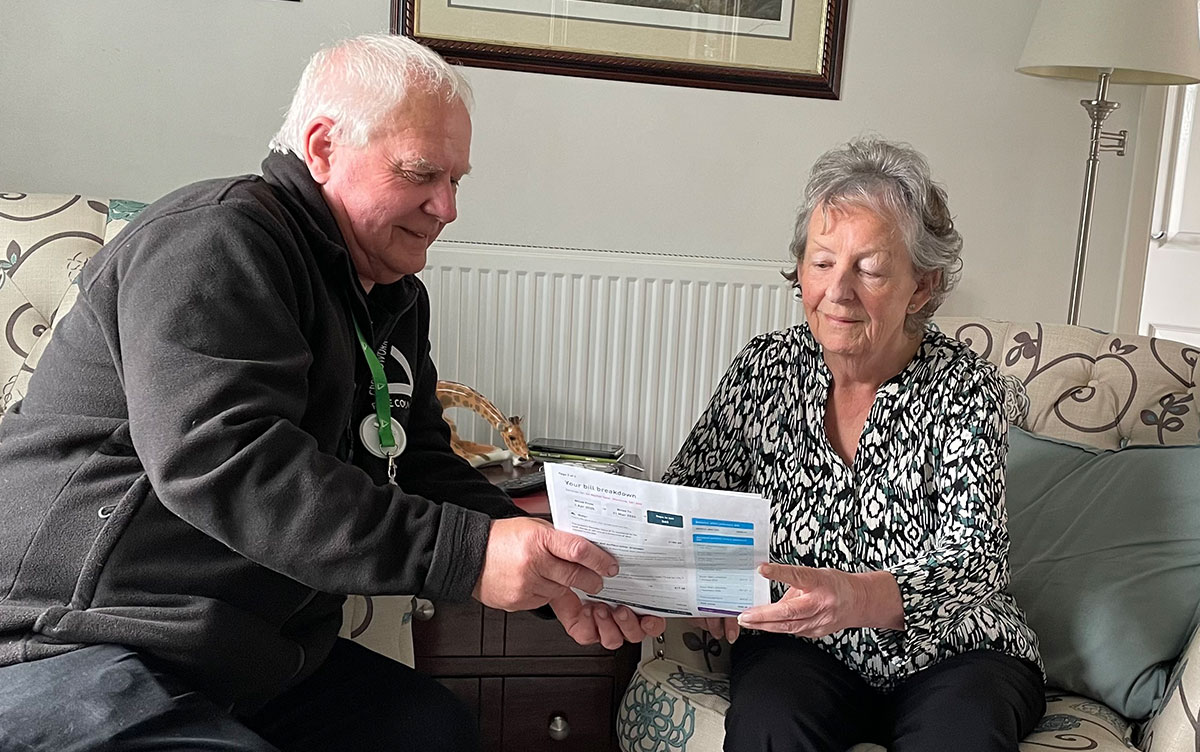
Free energy advice cuts bills by £150
Green Doctor Mike helped Carol from Worksop save over £150 on her utility bills and become more energy efficient through handy tips.
-
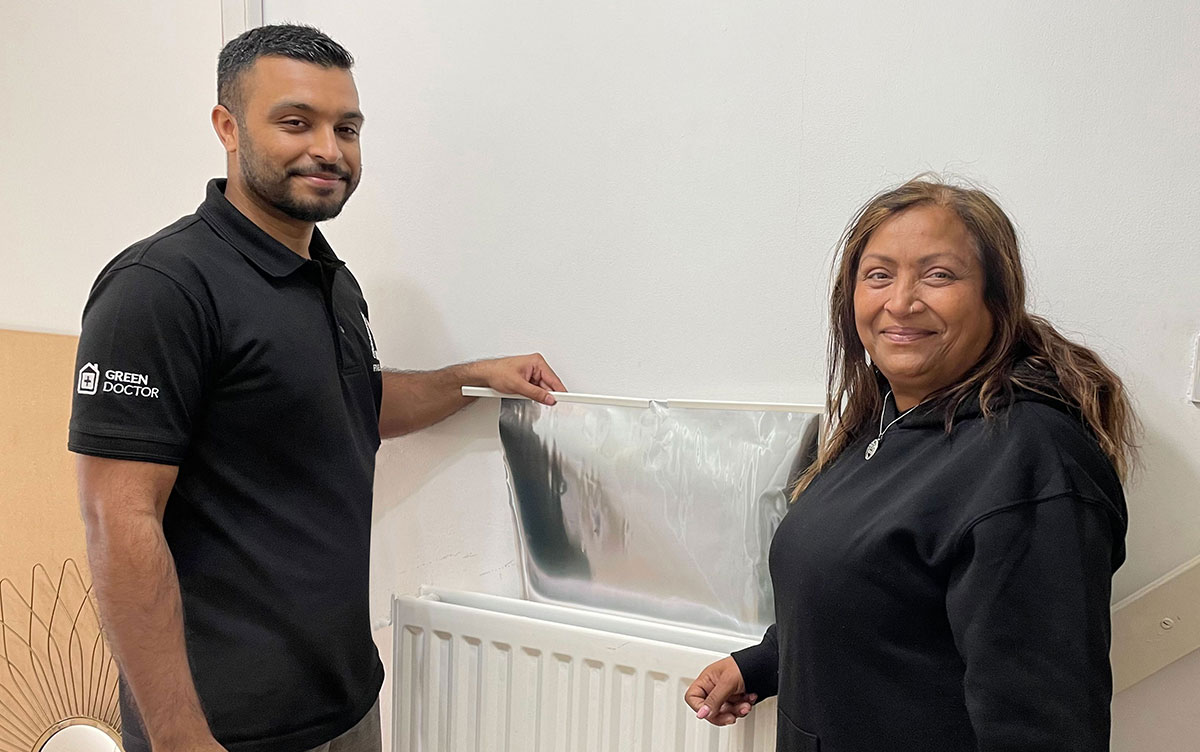
Green Doctor helps beat the cold and cut energy bills
Neena from Leicester worried about her cold home. The Green Doctor installed free radiator foil and helped her save hundreds of pounds.
-
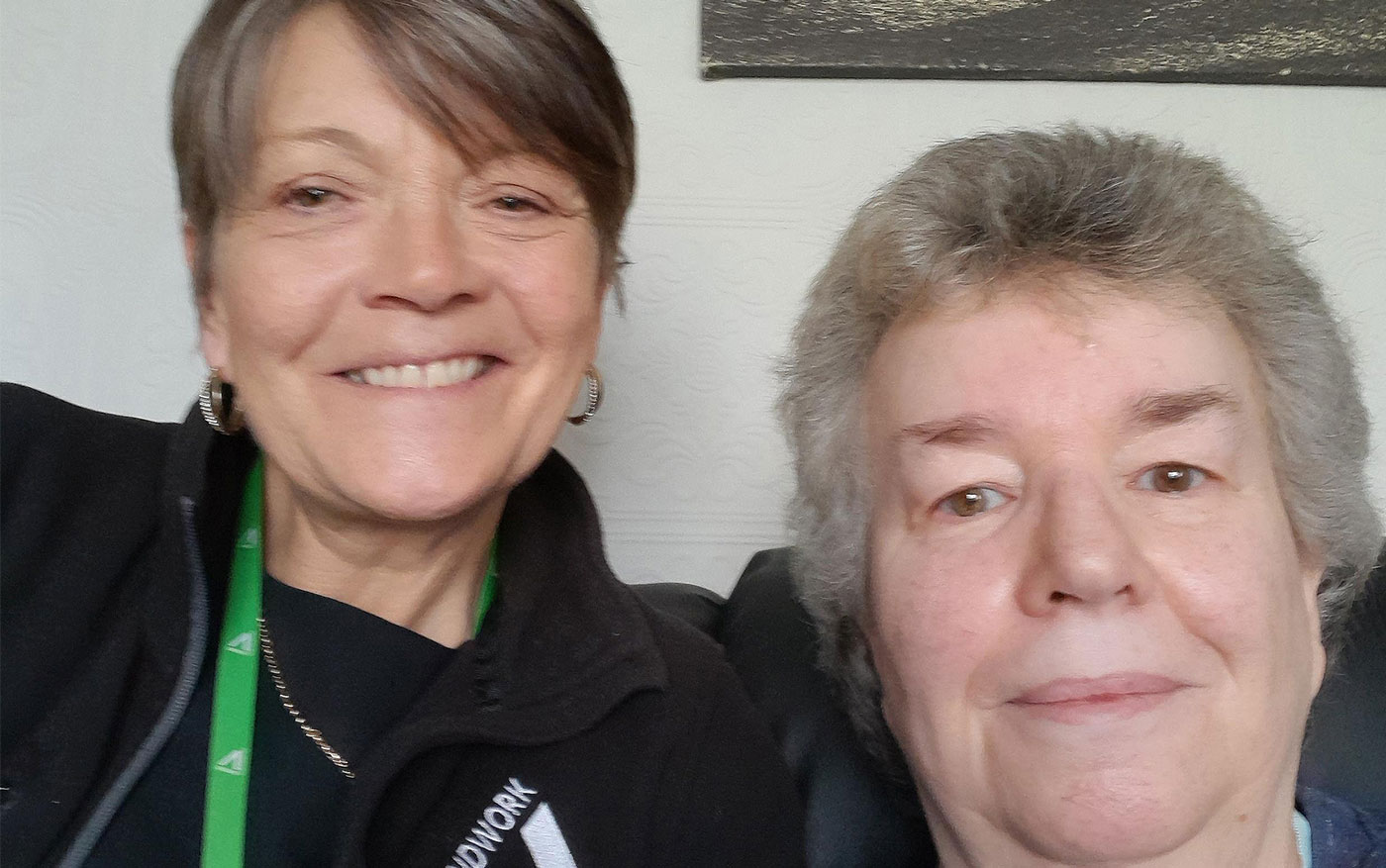
“Winter would be very bleak if it wasn’t for the Green Doctor”
Trudy was struggling to make ends meet. Green Doctor Marie helped replace her broken cooker and save money on her energy bills.
-
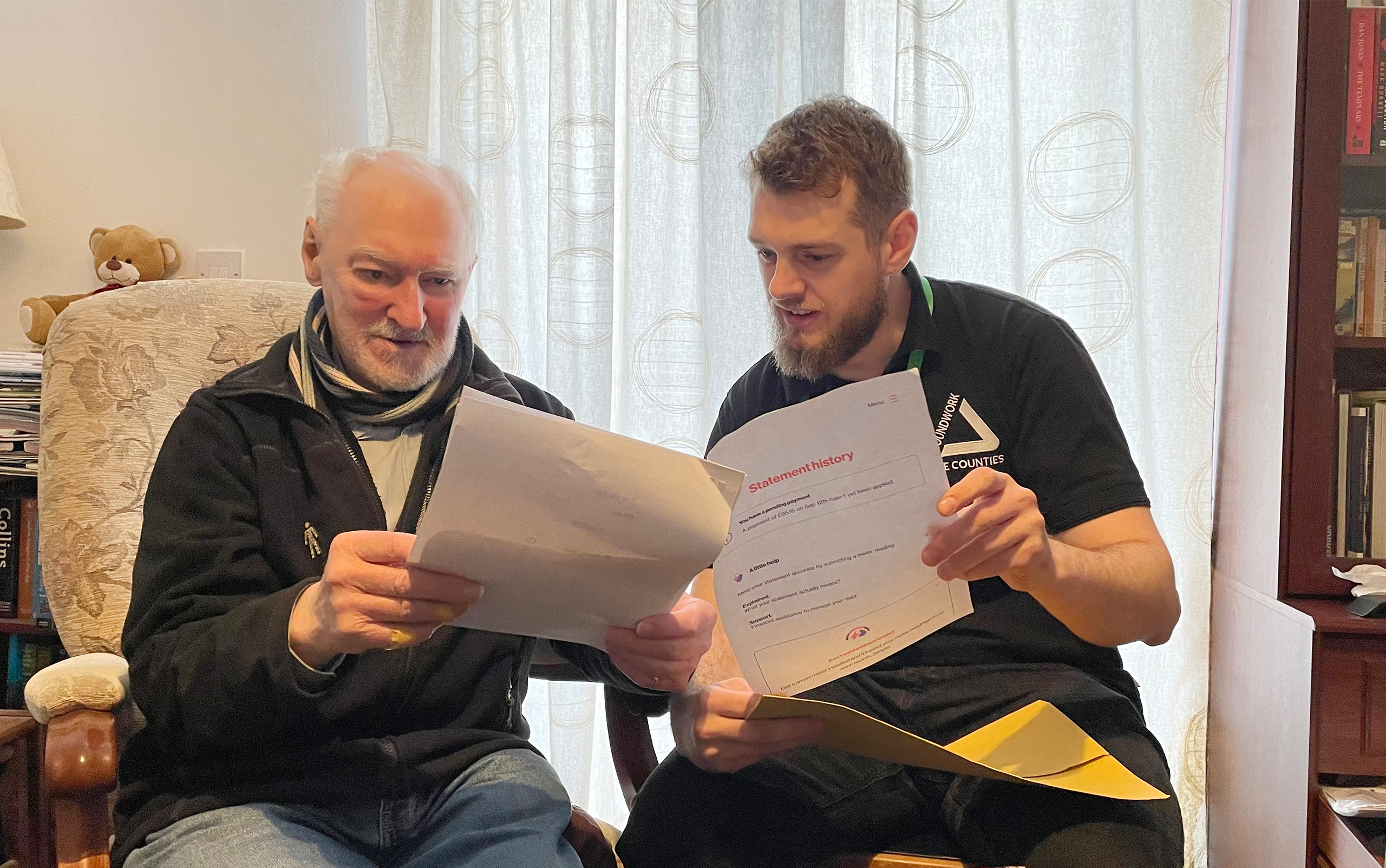
Green Doctor wipes John’s £1,300 energy debt
John had a £1,300 energy debt. Green Doctor Ben helped wipe John’s debt, get him £300 credit, and install a smart meter.
-
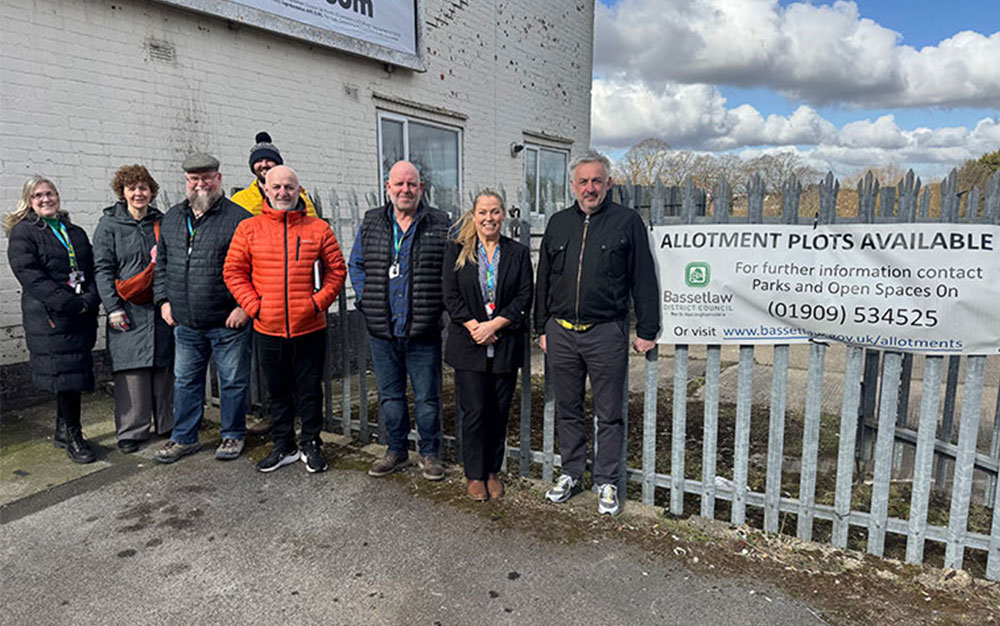
Employer Academy with North Notts College and Bassetlaw District Council
We have teamed up with North Notts College and Bassetlaw council to provide student work placements to regenerate deprived areas.
-
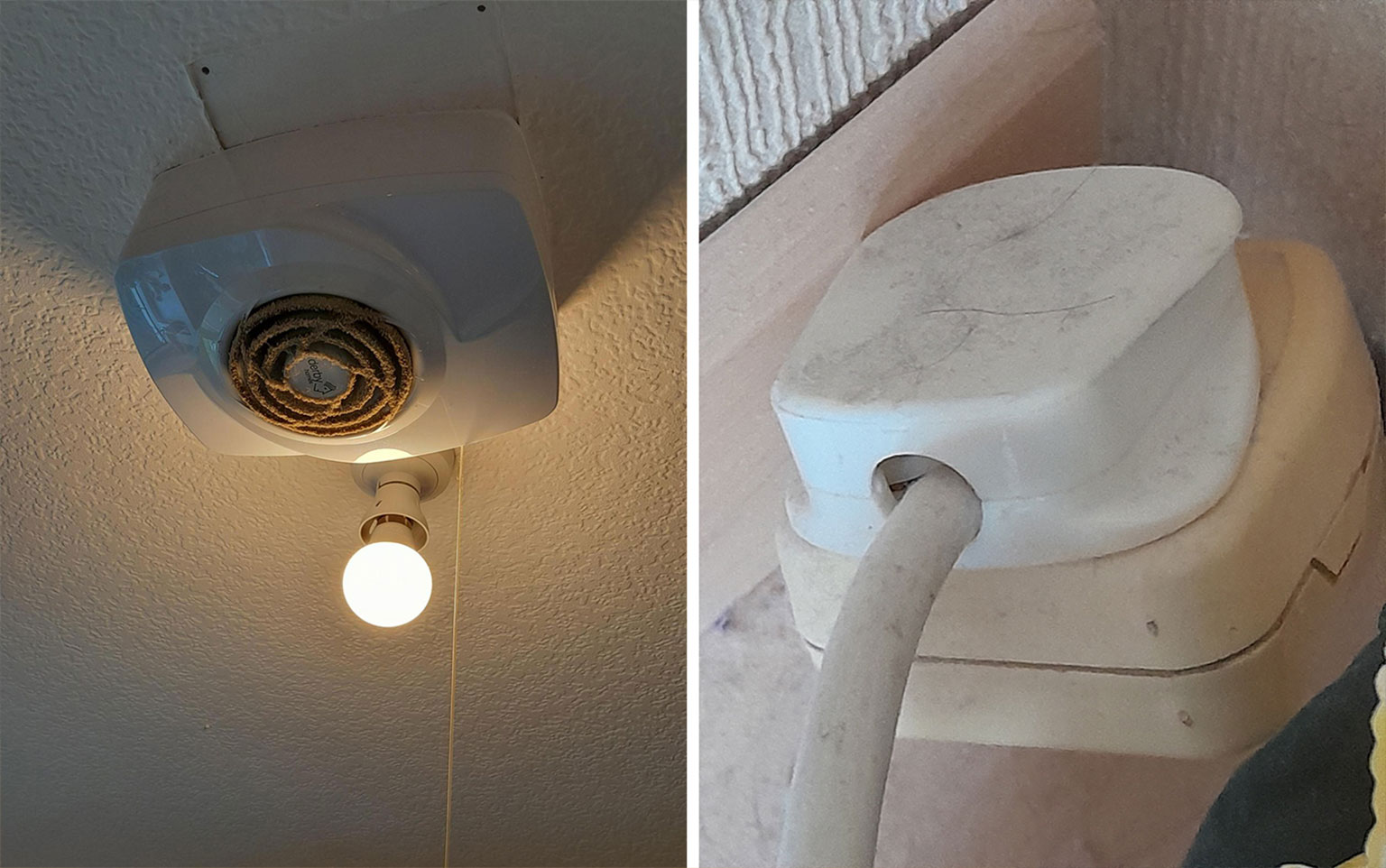
Green Doctor provides free electrical safety advice
Our charity’s free Green Doctor energy-saving service has expanded and now give out electrical safety advice to keep homes safe.
-
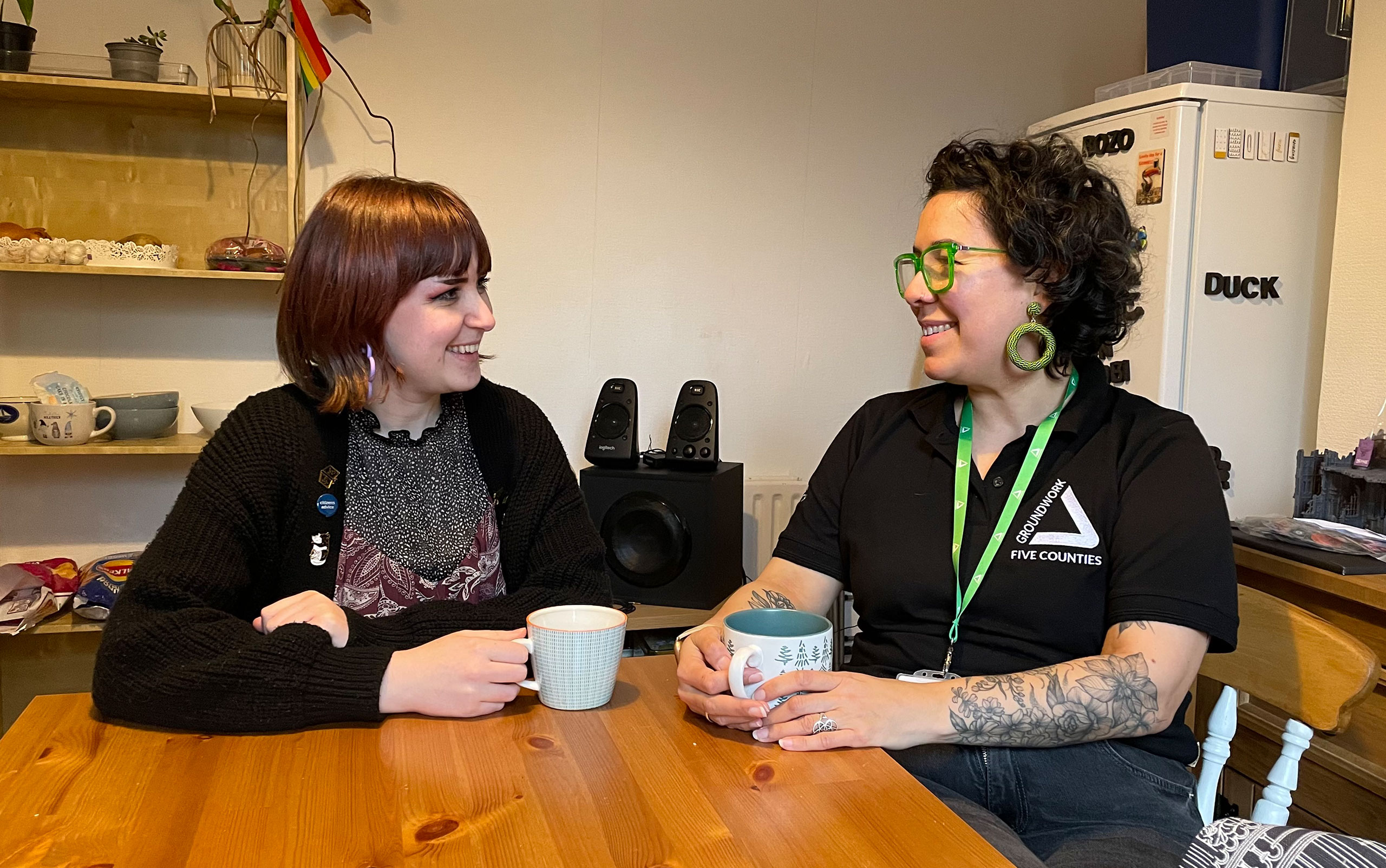
Maeve’s meter mix-up solved by Green Doctor
After a wrong meter reading, Maeve worried about energy debt. Green Doctor Mayita helped her rectify the issue.
-
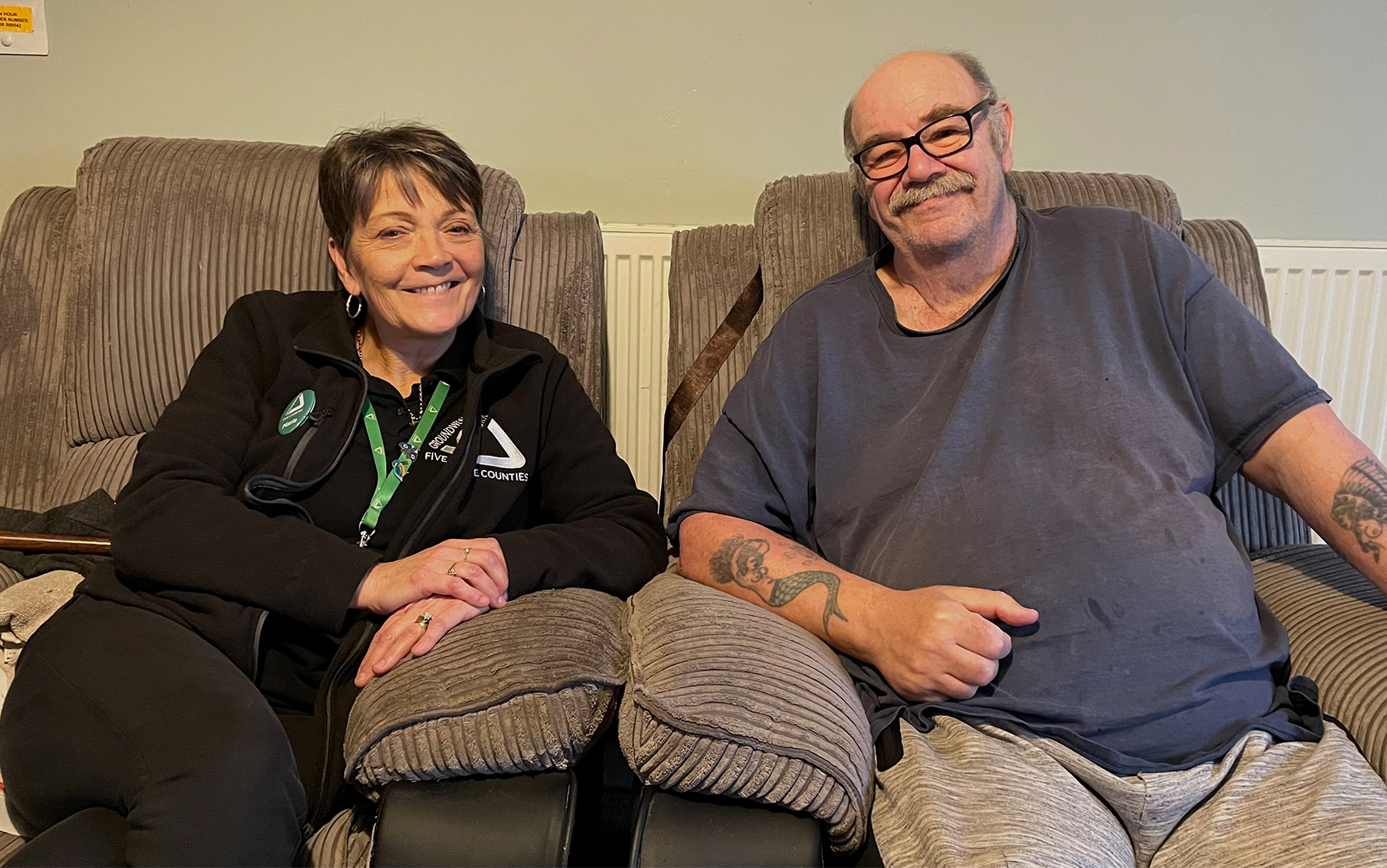
“The Green Doctor is an actual lifesaver for me”
Green Doctor Marie recently supported Nolan, a man with mental health issues, to manage his problems and improve his outlook on life.
-
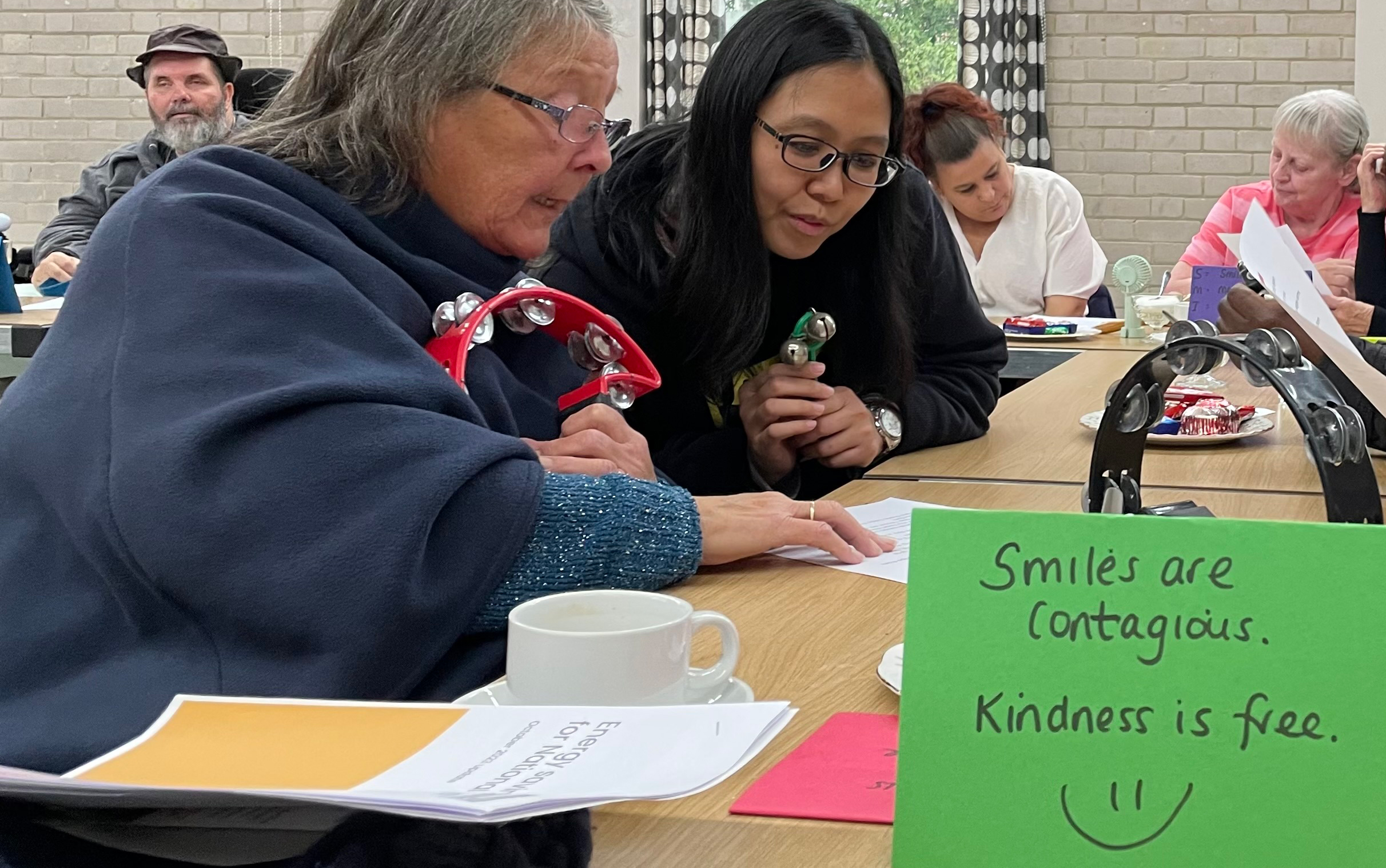
Meet Connie, Employability Coach supporting Hongkongers
Connie is an Employment Coach supporting Hongkongers in the UK to find work, gain skills, and settle into their new life.
